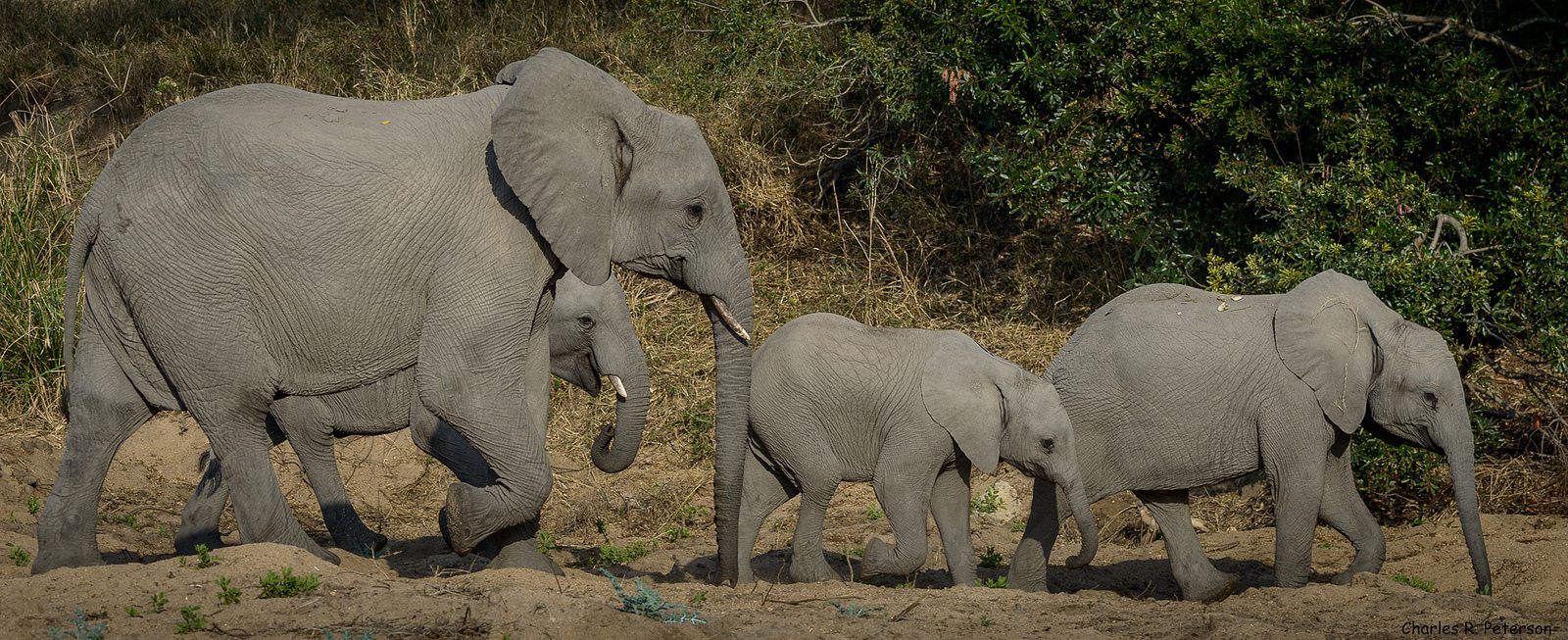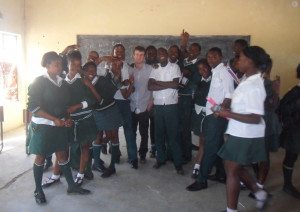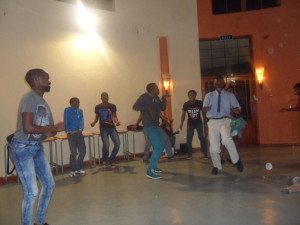A summer with Warwick in Africa
[dropcap]T[/dropcap]his summer I went to Limpopo in South Africa as a volunteer student teacher for Warwick in Africa. Mainly situated in the township of Thohoyandou, my team and I had various adventures which stretched as far out as places like Kruger National Park and Johannesburg.
However, we would soon learn that the heart of Africa lies not in its grand attractions but in the diversity of its townships, schools and people.
Landing on a lukewarm morning in Johannesburg we were shepherded into a minibus for our six hour journey to Thohoyandou. The N1 is a road which runs from Cape Town to Beit Bridge and I can’t quite emphasise just how long that actually is.
One of the first things that strikes you about South Africa is the extraordinary differences in its terrain. From the deep greens of Johannesburg to the arid expanses of Kruger and the hills of red dust in Limpopo the variety is unparalleled.
Our accommodation was called Phiphidi Falls and as its title suggests it was because we were right next to a waterfall. In little huts for two we were situated quite literally in the heart of a forest with a troop of monkeys for company. When you are stumbling around waving a torch to make sure you don’t trip over, while you can hear the steady rush of a waterfall, you start to realise that you are very far away from home.
We are so quick to critique the education system in Britain but we ought to consider the daily educational struggles across the world
We were working at three schools teaching Maths or English. I was placed at Ratshikwekwete Secondary school. Ratshikwekwete, or Ratchi for short, is a humble little school of approximately 420 students. Under-resourced and under-staffed, it represented all the challenges that the Warwick in Africa programme seeks to address.
Teaching English as a first additional language to a class of more than 50 learners is a mighty task. If learners don’t pass the grade then they resit it until they do, so I was teaching 21 year olds amongst a class of 15 year olds as a result.
The language barrier, despite English being quite prevalent in Limpopo, was a significant issue. I speak rapid-fire Brummie and people in the UK struggle to understand me as it is, so I quickly learned to slow things down and develop gestures to signpost my instructions.
The students suffered with significant gaps in their knowledge and it was a learning curve for me to try and go back to the very basics of English language such as use of tenses and plurals; skills that a native-speaker can easily take for granted.
We were team-teaching alongside students from the local University of Venda. The students were an amazing part of the programme because they taught us a great deal about the local customs. We were even invited to a cultural event at the University which included a showcase of Venda drama, dance and poetry. The event stressed the importance of international relations and co-operation between cultures to make a greater and more cohesive impact when cultures meet.
The weekend excursions were exceptional and so well-planned by our driver, and friend, Huli. Huli’s support for the programme and rapport with those he takes care of was undoubtedly the glue which ensured the Limpopo experience was so successful.
We travelled to Mapungubwe National Park and were chased by a Bull Elephant who I christened Beatrice (Why? Why not). We also went to a fun fair in Mercado and went on rides that would make British health and safety laws squirm. We visited the magnificent Mac Mac waterfall, gazed from atop God’s Window and the jaw-dropping mountain range of the Three Sisters.
In Johannesburg we toured Constitution Hill and the Apartheid museum. As a visitor to South Africa it is essential that you equate yourself with the history of Apartheid because the scars of its effect are still visible some 20 years later.
At Kruger National Park we spotted all of the ‘Big Five’, which is a bucket list challenge ticked off for me. The sight of a leopard lazing in a tree was nothing short of majestic and surreal for a student from Birmingham, whose wildest animal encounter usually takes the form of a mildly aggressive pigeon.
Nonetheless, interacting with the young learners at school and learning about their daily lives was what made this trip truly unforgettable. We are so quick to critique the education system in Britain but we ought to consider the daily educational struggles across the world.
Warwick in Africa encourages international development and broadens the participants’ minds and empathy towards such educational challenges.
I will never forget my time in Limpopo and the team and children I worked with. I will, however, very quickly try and forget that the school served chicken’s feet for food.




Comments (1)